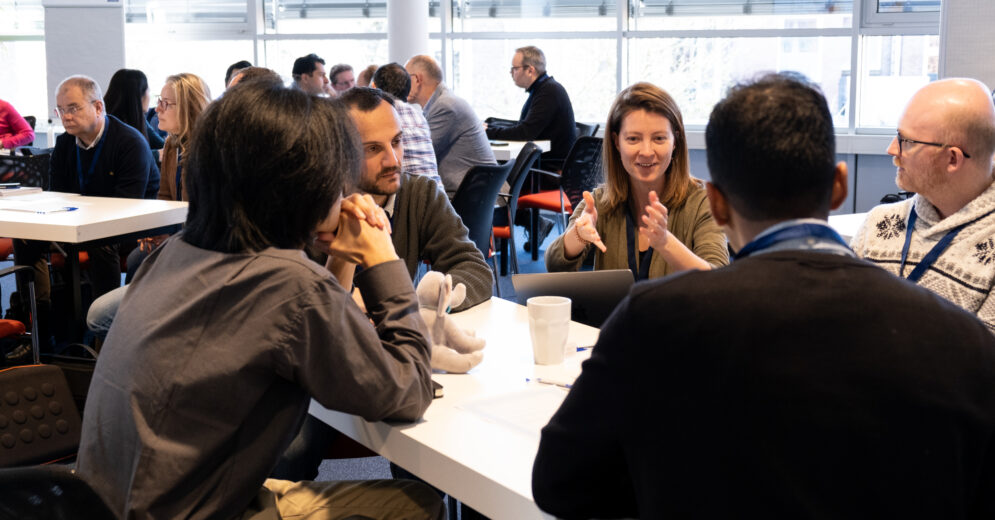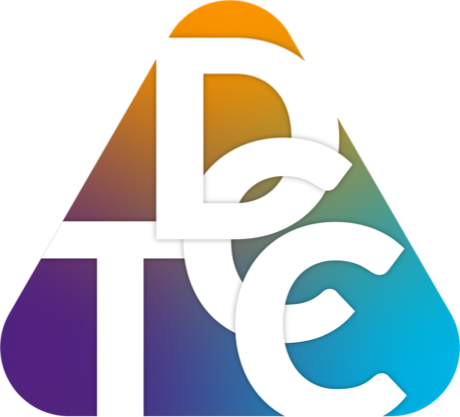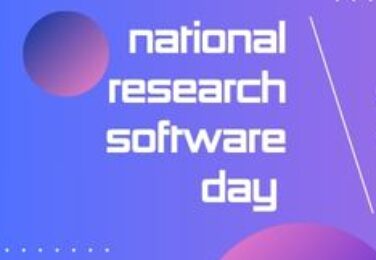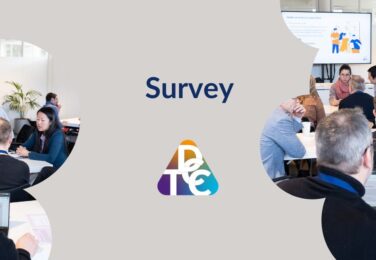
Results of the 1st project ideas submission cycle for TDCC-NES
The 1st submission cycle for project ideas for TDCC-NES is completed. We have received 12 submissions in total and the TDCC-NES Governing Board (GB) has made consensus-based decisions on which project ideas are accepted and will move forward for development. Three exciting project ideas will be further developed in the coming months, and three were invited for resubmission with suggestions for improvement. The public summary of the TDCC-NES GB meeting where the decisions have been made is available here: meeting summary.
Read more about the three accepted project ideas below, and if you have a project idea of your own, there is still time to submit it to our 2nd submission cycle which closes on 15 May 2024.
A big thank you to all applicants!
Project ideas moving forward for development:
Data-centered approaches in chemistry hold the promise of uncovering groundbreaking solutions critical for advancing energy and material transitions, pharmaceutical innovations, and circular economy endeavors. In the realm of chemical research, the potential of data to drive discovery and innovation is vast yet underutilized, primarily due to disparate data management practices. Our project aims to bridge this gap by advocating for the adoption of FAIR (Findability, Accessibility, Interoperability, and Reusability) data principles across the chemistry discipline. This initiative is poised to lay the groundwork for practical data management solutions that cater to the nuanced needs of cross-disciplinary chemical research.
To achieve this, we plan to create a cross-institutional workforce led by dedicated software engineers who, while being embedded within the research environments of the academic partners, will closely collaborate to implement complementary and functional data-management solutions. Their work will initially focus on individual research groups, with the goal of scaling successful practices to the national level in later stages. This strategy ensures that the project's outcomes will be directly applicable and beneficial to the broader Dutch chemistry community.
Our collaborative project will include leading academic groups from Delft University of Technology, Utrecht University, and the University of Amsterdam, with additional support from the eScienceCenter and Surf. By aligning our efforts with international activities, starting with NFDI4Cat in Germany and aiming for broader European collaboration, we position our project at the forefront of global data management innovation in chemistry.
Through illustrative case studies, the development of standards, and the implementation of effective workflows, we anticipate fostering widespread adoption of FAIR data practices. The success of this project will mark a significant shift towards a more collaborative, efficient, and innovative future in chemical research, characterized by enhanced data sharing and interoperability.
Lead applicant: Prof. dr. Evgeny Pidko, Delft University of Technology
Listed project partners: Utrecht University, Delft University of Technology, University of Amsterdam, Netherlands eScience Center, SURF, NFDI4Cat, Fundamentals & Methods of Chemistry advisory board, ENW NWO
Research related to climate change and its consequences, societal and physical, is rapidly expanding. At the same time, due to the interdisciplinary and broad reach of this field, the expertise for each topic can span different disciplines, institutions and departments. It is therefore much more difficult to find the relevant experts and available expertise than inside a single discipline, while the need for information and identifying the experts is increasing rapidly.
With the climate expertise dashboard, our aim is to make the vast library of research output searchable in an effective way. The dashboard should also enable accessing the expertise in a certain domain, based on content of a researchers’ work and without regular biases such as reputation or media appearance. Furthermore, an aggregated display of the geographical distribution of this research expertise as a dashboard will help in getting the national picture while localizing the available expertise in a region.
Lead applicant: Dr. ir. Sanli Faez, Utrecht University
Listed project partners: Utrecht University, SURF, Netherlands eScience Center, DANS, NWO-KIN
Data accessibility plays a crucial role in modern research, and it is pivotal in the journey towards Open Science. However, it is still challenging to quickly access and efficiently process large datasets that are continuously growing in volume as data sources diversify and data collection frequency increases. Such data are mostly made available on the Cloud, and cloud-native data access and processing is ramping up as a modern digital competence bringing computation close to the data to increase efficiency and reduce research time. Although related technologies have been available for long, the highly inefficient traditional approach involving data download and local exploration unfortunately remains as the standard practice of most researchers in the NES domain.
This project aims to facilitate the effective use of cloud-native tools and technologies to access and process research data first by demonstrating researchers how efficient cloud-native solutions are for common research workflows compared to traditional methods, and then by training them on how to develop and run such cloud-based workflows. For this purpose, we will use geospatial data as an example, which is widely used in the NES domain. We will create a cloud-native public geodata repository with co-located data analysis capabilities on the Dutch infrastructure (SURF) and make selected datasets available on the repository, which are relevant for the NES domain and currently not available in cloud-native formats (e.g. Dutch Public Services On the Map (PDOK) data). We will benchmark data access and analysis performance against the original formats and traditional methods, and share the results with the NES community to demonstrate and promote the benefits of cloud-native research in an evidence-based manner. To enable quick uptake of the cloud-native approach, we will develop open training material specifically targeting the NES domain and organize training workshops at different locations and prominent events (e.g. SURF Research Day, Open Science Festival) during which researchers can develop their skills with hands-on practices by using the cloud-native geodata repository. Finally, we will share the lessons learned during the project with all relevant national and international stakeholders though a workshop.
Lead applicant: Dr. ing. Serkan Girgin, University of Twente
Listed project partners: University of Twente - Faculty of Geo-information Science and Earth Observation, Netherlands eScience Center, SURF, Geonovum
For more details about the current call for proposals and our Challenge Projects visit the dedicated pages:
Photo: L. Varat



